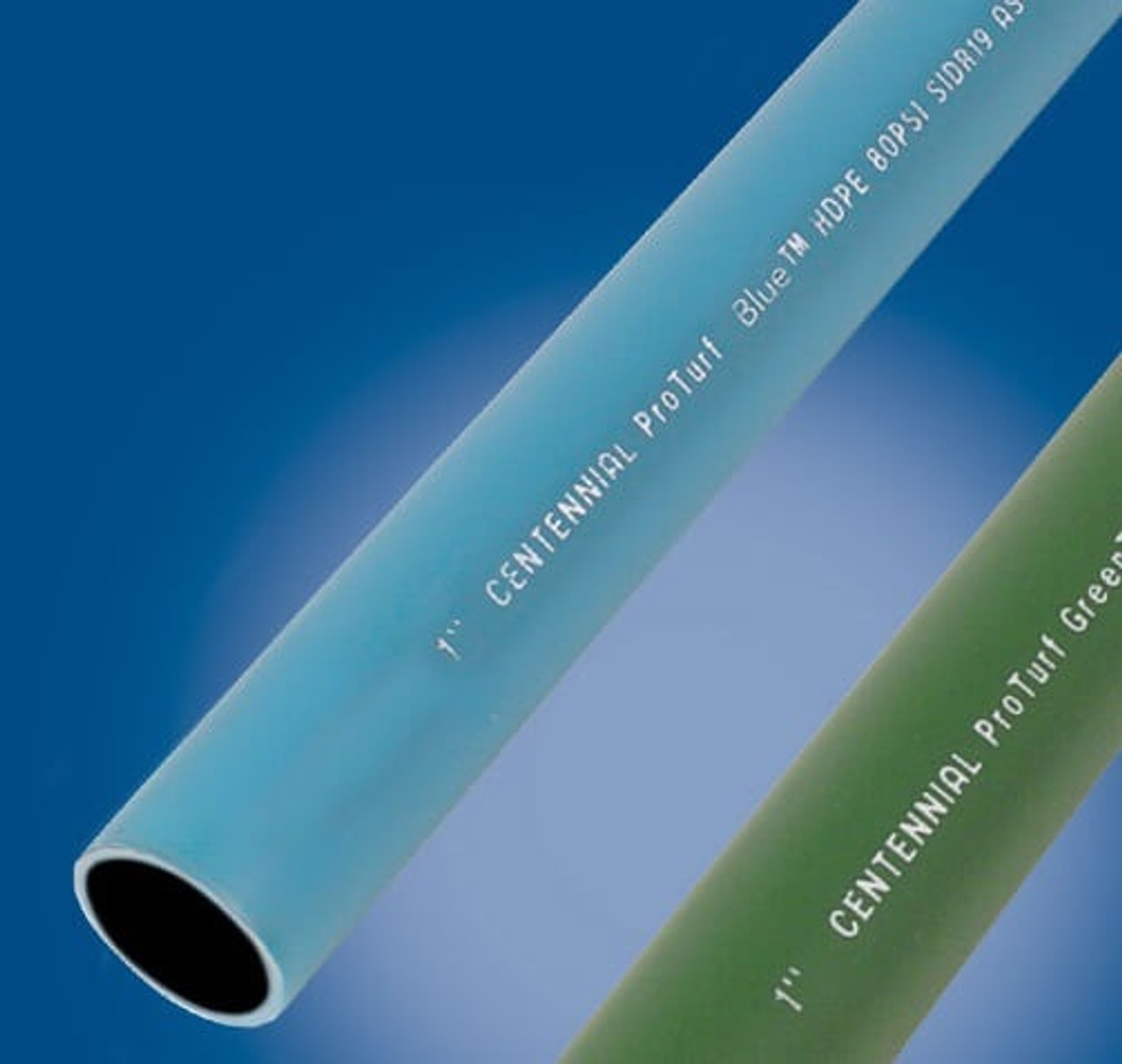Understanding the Trick Conveniences of HDPE Pipe for Water and Wastewater Administration
Using HDPE pipeline in water and wastewater monitoring presents countless benefits that merit consideration. Its phenomenal toughness and lengthy life-span make it a recommended option for many tasks. In addition, the material's resistance to rust and chemical damages boosts its integrity in different environments. Nonetheless, the benefits prolong beyond simply durability and resistance. Exploring its cost-effectiveness and environmental effect discloses even much more engaging reasons for its widespread fostering in contemporary facilities
Outstanding Durability and Durability

HDPE pipeline stands out for its remarkable toughness and longevity, making it a preferred option in water monitoring systems. Created from high-density polyethylene, these pipes can endure considerable pressure and tension, ensuring reputable performance over time. Their robust nature allows them to withstand extreme ecological conditions, consisting of temperature level fluctuations and dirt motions, which can trigger other materials to fall short.
The life-span of HDPE pipelines typically exceeds 50 years, supplying a cost-efficient service for districts and markets alike. In addition, the product's lightweight homes streamline installation, reducing labor expenses and durations. This resilience minimizes the need for frequent repairs or replacements, further improving its economic allure.
In water administration applications, the integrity of HDPE pipes suggests less disturbances and improved service connection, making them integral to sustainable facilities advancement. The mix of resilience and durability solidifies HDPE's function as a foundation in effective water monitoring options.

Resistance to Rust and Chemical Damages
While numerous products give in to corrosion and chemical damages with time, HDPE pipelines exhibit exceptional resistance, making them optimal for numerous water management applications. This durability comes from the molecular framework of high-density polyethylene, which is naturally non-reactive and does not wear away like steels or degrade from exposure to severe chemicals. As an outcome, HDPE is highly efficient in settings with hostile compounds, such as wastewater systems that may have acids, bases, and natural solvents.
Additionally, HDPE pipelines can withstand ecological variables such as dirt level of acidity and saline problems, better enhancing their suitability for diverse applications (Midland TX HDPE Pipe Fittings in Stock). Their capacity to preserve architectural integrity with time minimizes the threat of leakages and failings, which is vital in making sure the safety and reliability of water distribution and wastewater management systems. The resistance to deterioration and chemical damages significantly contributes to the total efficiency and long life of HDPE piping solutions.
Cost-Effectiveness and Economic Advantages
When considering the financial implications of water monitoring systems, the cost-effectiveness of HDPE pipelines ends up being apparent. These pipelines offer lower installment and upkeep prices contrasted to standard materials like steel or concrete. Their light-weight nature simplifies transport and setup, causing reduced labor expenses. In addition, HDPE pipelines show a lengthy life-span, frequently surpassing half a century, which translates to less substitutes and long-lasting cost savings.
Furthermore, the resistance of HDPE to deterioration and chemical damages minimizes the requirement for costly repair services and replacements. The pipes additionally sustain efficient water circulation, reducing energy expenses associated with pumping systems. By mitigating leaks and water loss, HDPE pipes add to significant financial advantages for towns and markets alike. Overall, the initial financial investment in HDPE try these out piping can yield considerable financial returns over the life expectancy of the water administration system, making it a prudent option for lasting framework growth.
Environmental Sustainability and Decreased Effect

Convenience and Adaptability in Installment
Due to their one-of-a-kind buildings, HDPE pipelines use exceptional convenience and adaptability in setup, making them ideal for a wide variety of applications. Their lightweight nature enables less complicated handling and transport, decreasing labor prices and installation time. HDPE pipes can be bent and shaped to fit numerous terrains and task demands, which is particularly advantageous in testing environments.
In addition, their resistance to corrosion and chemical damages allows for installment in diverse setups without the need for specialized safety finishings. The ability to fuse joints produces a continuous, leak-free system, improving the total honesty and reliability of the installment. HDPE's versatility additionally suits ground movement, lowering the risk of damage in areas vulnerable to shifting soil. Overall, these characteristics make HDPE pipes not only functional yet also a recommended choice for water and wastewater management systems.
Frequently Asked Inquiries
Exactly How Does HDPE Pipeline Contrast to PVC in Water Administration Applications?
HDPE pipeline supplies premium versatility, resistance to deterioration, and toughness contrasted to PVC. Its lighter weight helps with simpler installment, while its lengthy lifespan reduces replacement costs, making HDPE a favored option in water administration applications.
What Is the Life-span of HDPE Pipeline Under Typical Problems?
Under regular problems, HDPE pipelines can have a life expectancy ranging from you can find out more 50 to 100 years. Their longevity and resistance to deterioration add to their long-term performance in various applications, making them a trusted choice for infrastructure.
Are HDPE Pipeline Recyclable After Their Solution Life?
Yes, HDPE pipelines are recyclable after their service life. American Plastics HDPE Pipe Manufacturing. They can be refined and repurposed right into brand-new products, significantly reducing ecological effect and promoting sustainability within the industry, making them an environmentally friendly selection for piping solutions
What Is the Installation Process for HDPE Water Lines?
The installment procedure for HDPE pipes entails site prep work, trenching, pipe blend or mechanical joining, backfilling, and stress testing. Correct techniques assure a long lasting and efficient system for transporting water and wastewater effectively.
Can HDPE Piping Be Used for Both Safe And Clean and Non-Potable Water Systems?
Yes, HDPE pipelines can be used for both drinkable and non-potable water supply. Their versatility, resilience, and resistance to rust make them ideal for various applications, making certain safe and effective transportation of water in different contexts.